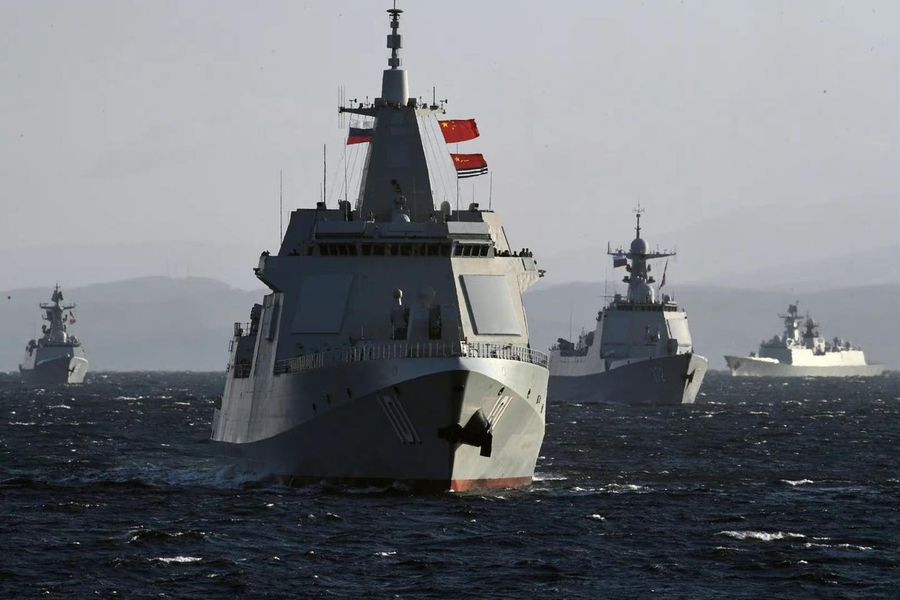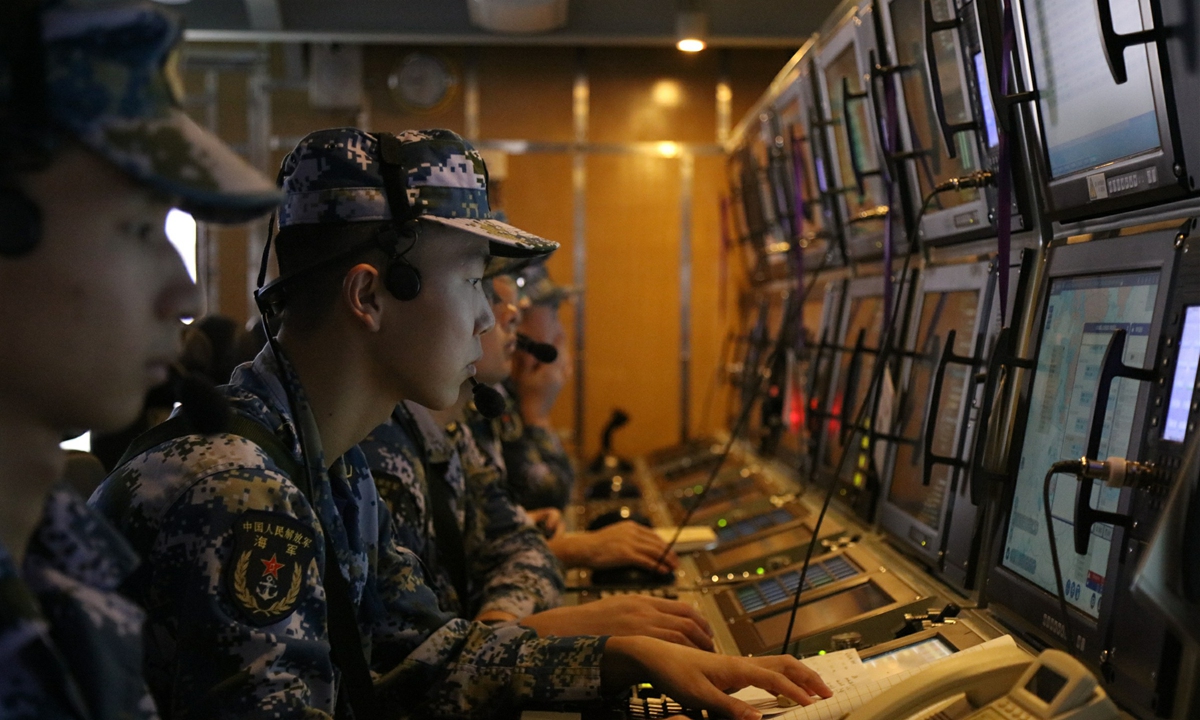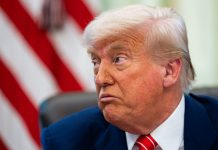The United States has no issue with the recent Russia-China joint military drills in the Indo-Pacific region, US Defense Department spokesperson John Kirby said on Monday.
Ahead Of FIFA World Cup, US’ Continued Silence Over MQ-9 Reaper Drone Sales Frustrates Host Qatar — Reports
“We don’t have an issue with military exercises, we do it all the time,” Kirby said when asked if the Defense Department is concerned about the Russia-China joint military drills. “They obviously decided they need to operate together, exercise together, and I think they should have to speak for that.”
Kirby added that the United States will continue to improve its capabilities and work with its allies in the region.
Russia, China debut joint Pacific patrols. Japan Watches “Closely”. ? pic.twitter.com/AmQyll2b71
— 彩云香江 (@louischeung_hk) October 23, 2021
Over the weekend, Moscow said that Russian and Chinese warships had conducted the first joint patrol in the Pacific Ocean, with the vessels traversing the international waters of the Tsugaru Strait in the Sea of Japan.
Tokyo said that the warships also sailed through the Osumi Strait and the Japanese military registered a helicopter taking off from and landing on the deck of a Chinese destroyer near the Danjo Islands. In response, the Japanese Air Self-Defense Force scrambled fighter jets.
In addition, Russia and China also held joint naval exercises from October 14-17 in the Sea of Japan. The crews worked out joint tactical maneuvering, anti-mine support of detachments, as well as conducted artillery fire at sea targets, among other things, according to the Russian military.
Russia and China have held their first joint navy patrols in the Western part of the Pacific Ocean.
Read more: https://t.co/6vnZ2DxLZ3 pic.twitter.com/GQmFKdsOrY
— Sky News (@SkyNews) October 23, 2021
Earlier, Japanese Defense Minister Nobuo Kishi and US Secretary of the Navy Carlos Del Toro discussed the recent joint passage of Russian and Chinese warships through straits near Japanese islands during a meeting in Tokyo.

During the talks, Kishi expressed concern about the activities of the Russian and Chinese vessels, the news agency said, noting that Del Toro expressed Washington’s intention to further strengthen maritime cooperation with its long-time security ally.
The officials also touched upon North Korea’s recent test-firing of a submarine-launched ballistic missile. Last week, North Korea said it had successfully test-launched a ballistic missile from a submarine. Since the launch sparked a new whirlwind of tensions in the region, North Korea’s foreign ministry issued a statement saying that it was not aimed at any particular country.

Japan considers China’s provocative naval activities as a massive security threat. The two countries have been locked in a dispute over East China Sea islands that China claims as its own.
Japan also has a territorial dispute with Russia over a separate group of islands that has deterred them until now from signing a peace treaty that would formally end World War II hostilities.
Expanding Indo-Pacific
US Department of State Assistant Secretary Karen Donfried had earlier said that the United States welcomes an opportunity to discuss the inclusion of the European Union (EU) into the future Indo-Pacific initiatives.
“We welcome the opportunity to discuss how to include the EU, and other partners in our initiatives around the Indo-Pacific going forward,” Donfried said at a press briefing. “We welcome the EU’s Indo-Pacific strategy.
We welcome France’s engagement in the region, and we’re looking forward to discussing the specifics of how we can deepen cooperation on the priorities identified in that strategy that we share.”
The cooperation in the Indo-Pacific region could include strengthening of the international rules and ocean governance, and digital connectivity, Donfried added.
On 19 April 2021, the EU adopted conclusions on its strategy for cooperation in the Indo-Pacific. The document represented an attempt of the 27 European countries to find a common ground in the ongoing debate on the Indo-Pacific. The adoption of the strategy signaled the growing strategic importance of the region for the EU.
As a follow-up to the conclusions, the European Commission presented a Joint Communication on the EU’s Indo-Pacific Strategy on September 16, 2021. As noted in the statement, the implementation of the EU Indo-Pacific strategy will include a number of actions, in particular completing EU trade negotiations with Australia, Indonesia and New Zealand.
- Via Sputnik News Agency
- Follow EurAsian Times on Google News





